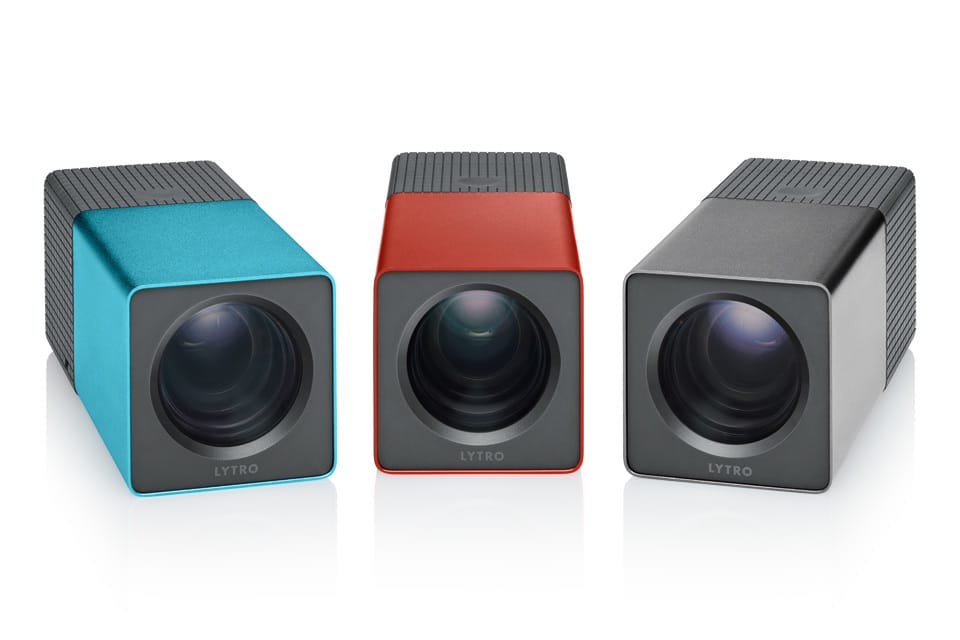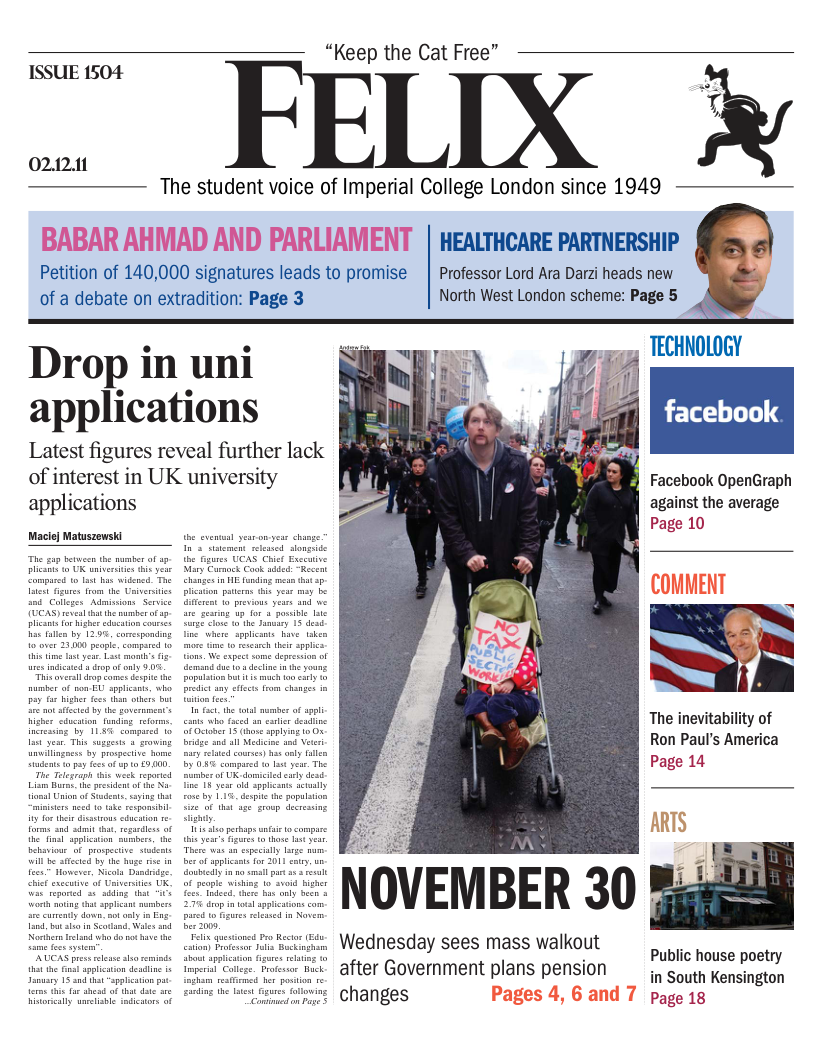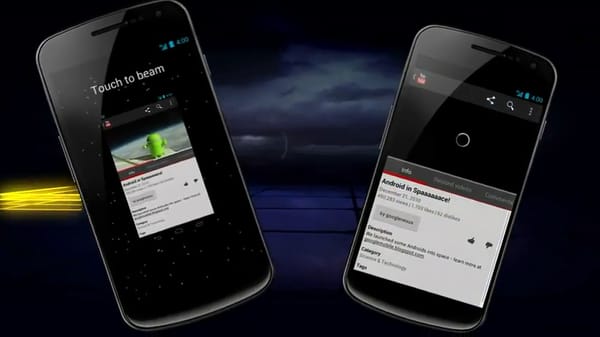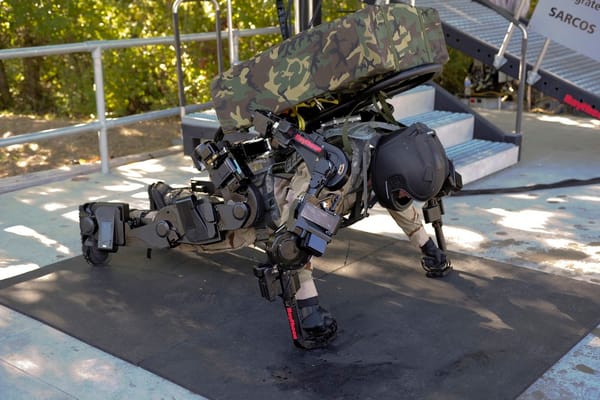Lost focus? Try the Lytro
Three lenses make for a smarter picture

Have you ever taken a picture, only to be disappointed when you later find it to be out of focus? You’re certainly not alone. Enter Lytro, the world’s first consumer-targeted light-field camera.
So what does that mean? In your everyday camera, what the sensor captures when you press the button is what you’re stuck with. It doesn’t matter how many millions of pixels you can capture at once if the light information you gather results in a blurry image. The light-field technology used in the Lytro takes a completely different approach to avoid this. Instead of focusing on a point and capturing the light information for that perspective, the camera captures up to 11 million rays of light going in every direction.
The main (and cool) advantage of this? You get to focus and refocus your photos after they’ve been taken. Not only that, but there’s no auto-focus motor working in the time between you pressing the button and the picture being taken. That results in the picture you end up with being much closer to the one that you saw with your eyes when you pressed the button - essential for fast moving objects and the like.
So what about the actual camera itself? It’s surprisingly small - a cuboid-shaped device just over 11cm long and 4cm wide and high. With that you get a small (3.3cm) touchscreen, shutter and power buttons, either 16 or 32GB of storage and a very decent 8x optical zoom. It’s light too, weighing in at just over 200g, but it’s strong aluminium shell means that it doesn’t have to skimp on durability to achieve that figure.
The pictures come in at about 20-25MB each, and Lytro quote that the 8GB models (“Graphite” and “Electric Blue”) will hold about 350 pictures, with the 16GB model (“Red Hot”) holding up to 750. The different models are priced at $399 and $499 respectively, which isn’t cheap, but isn’t too expensive either when you consider how new this technology is.
If you often find you’ve missed out on capturing those unmissable moments due to shoddy focusing, or perhaps you like to take pictures of fast-moving objects, then the Lytro may be the camera for you. Even if you don’t buy this camera, I reckon we’ll be seeing a lot more of this technology in the years to come.








